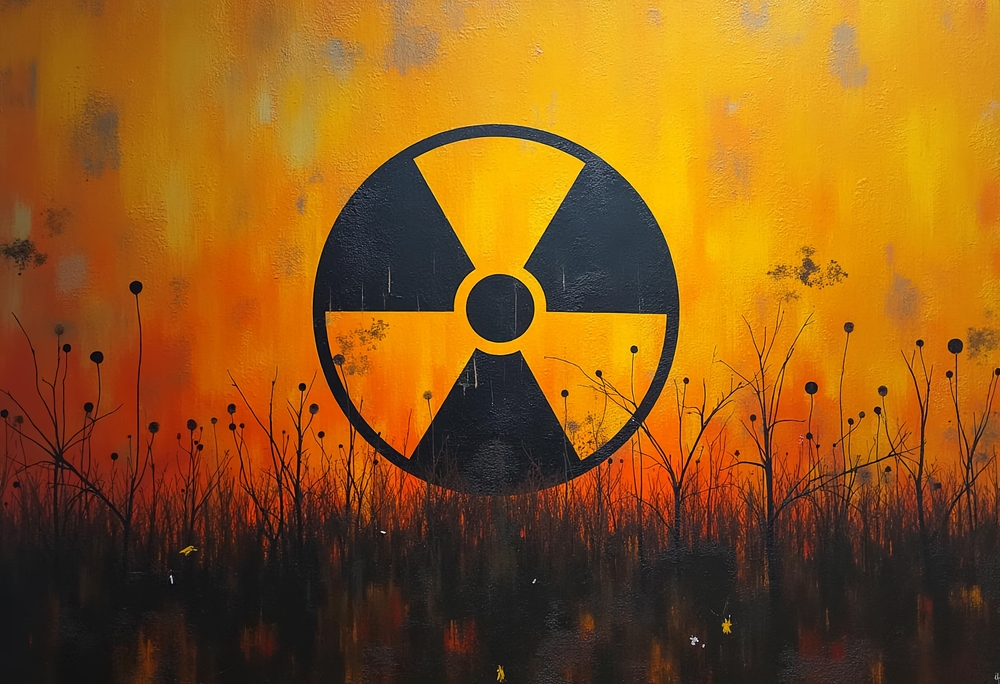Radiation levels drop significantly after the first day but may still be hazardous.
Others are reading now
Radiation levels drop significantly after the first day but may still be hazardous.
Life-Saving Advice You Need to Know
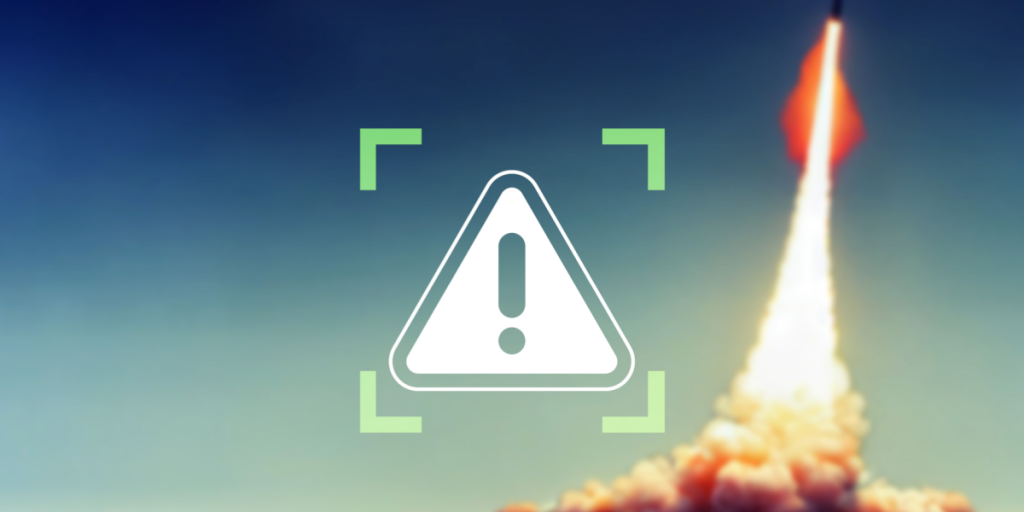
While we hope this information never becomes necessary, experts warn that a nuclear detonation could occur without warning.
Here’s how to stay safe in the critical minutes, hours, and days that follow according to the International Commission on Radiological Protection..
First 10 Minutes: Get Inside, Stay Inside
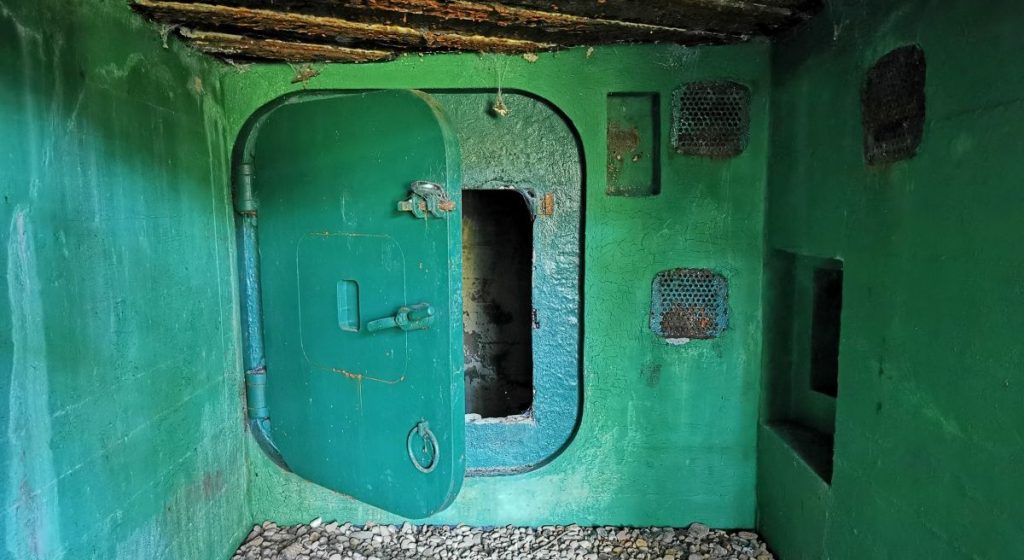
If a nuclear explosion occurs, your first priority is shelter. The safest places are basements or the center of large brick or concrete buildings.
Also read
You may have 10+ minutes before radioactive fallout arrives, use that time to get to safety. Underground garages and subways can also offer protection.
What Happens During a Blast?
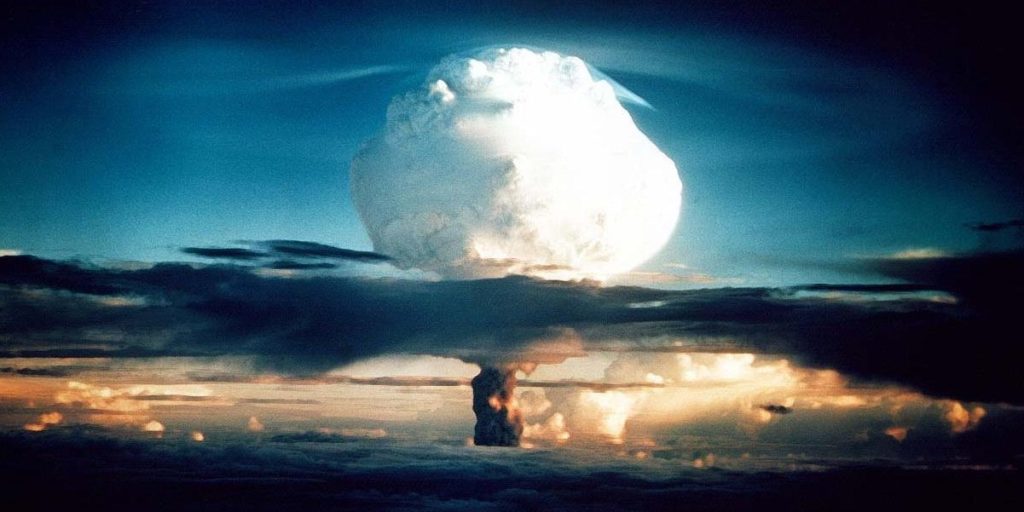
A nuclear detonation creates a fireball, powerful blast waves, intense radiation, and radioactive fallout.
Even several kilometers from ground zero, the blast can destroy buildings and scatter debris. The fallout is most dangerous within the first few hours and closest to the site.
First 24 Hours: Shelter and Decontaminate
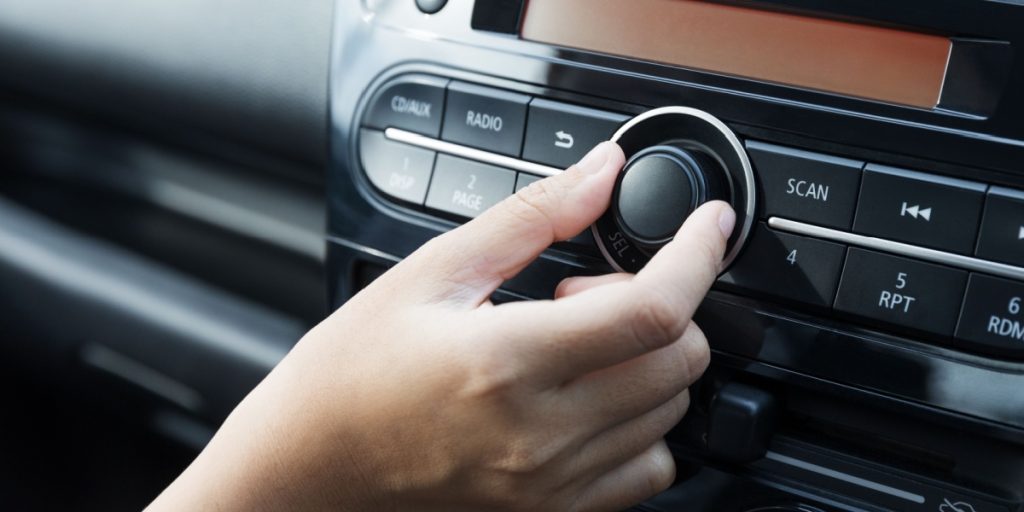
Stay indoors unless instructed otherwise. Remove contaminated clothing and wash exposed skin. Brush pets in a separate area and wash them if possible.
Food and drink inside shops or shelters is safe. Tune into AM/FM radio for updates and don’t leave your shelter unless it’s absolutely necessary.
Next 48 Hours: Monitor Guidance, Limit Outdoor Time
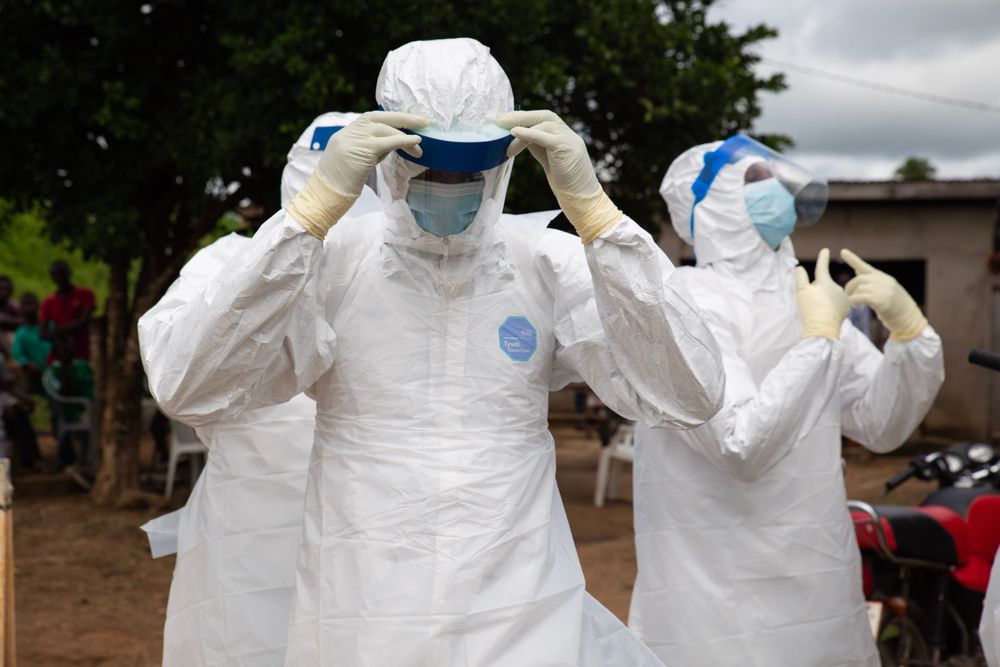
Radiation levels drop significantly after the first day but may still be hazardous. Only go outside if instructed, or if your shelter becomes unsafe.
Use face coverings, add layers to clothing, and decontaminate upon reentry. Pregnant women and children should stay in the most shielded parts of the shelter.
Evacuation: Follow Instructions Carefully
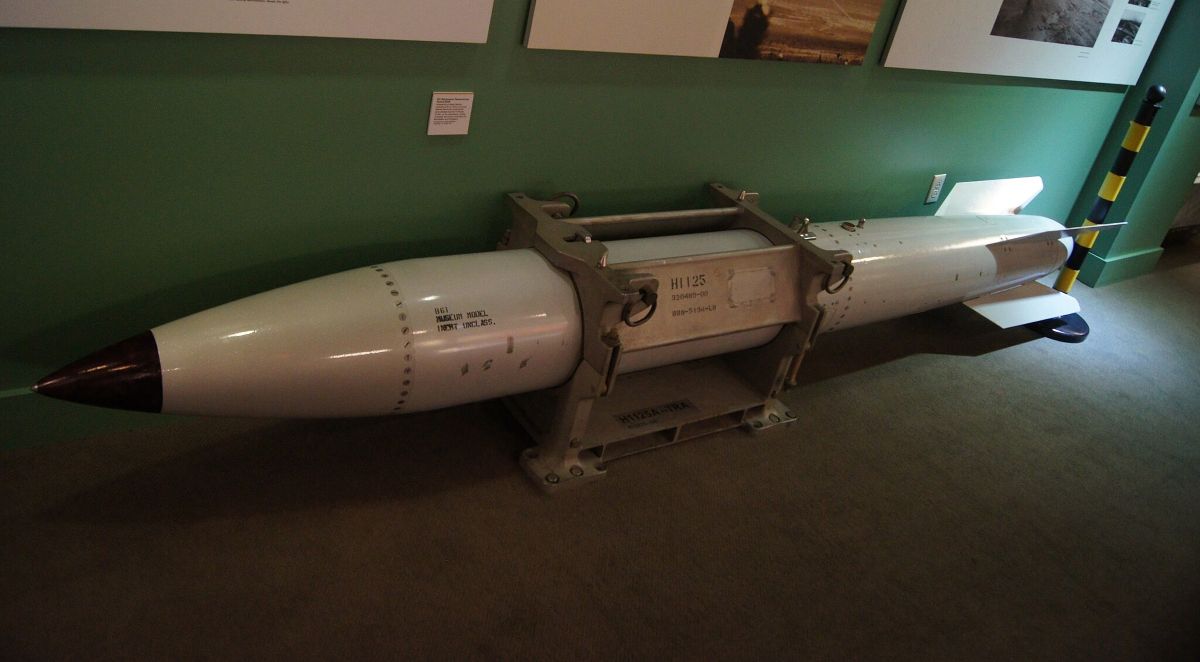
If told to evacuate, take essentials, medications, documents, phones, food, pet supplies, and radios.
Avoid returning home unless officially cleared. Do not go to hospitals unless in a life-threatening situation, as resources will be stretched thin.
If No Guidance is Given: Stay Put
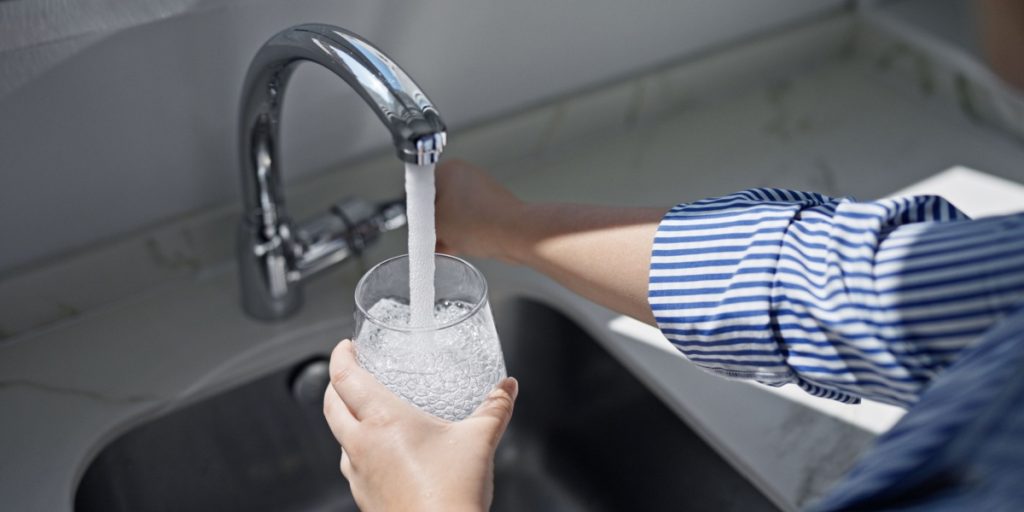
If authorities have not yet communicated, assume it’s still unsafe to go outside. Continue consuming stored food and water.
Avoid eating produce from gardens and wash all containers. Tap water may still be safe for hygiene and even drinking, unless told otherwise.
Understanding the Hazards: More Than Just the Blast
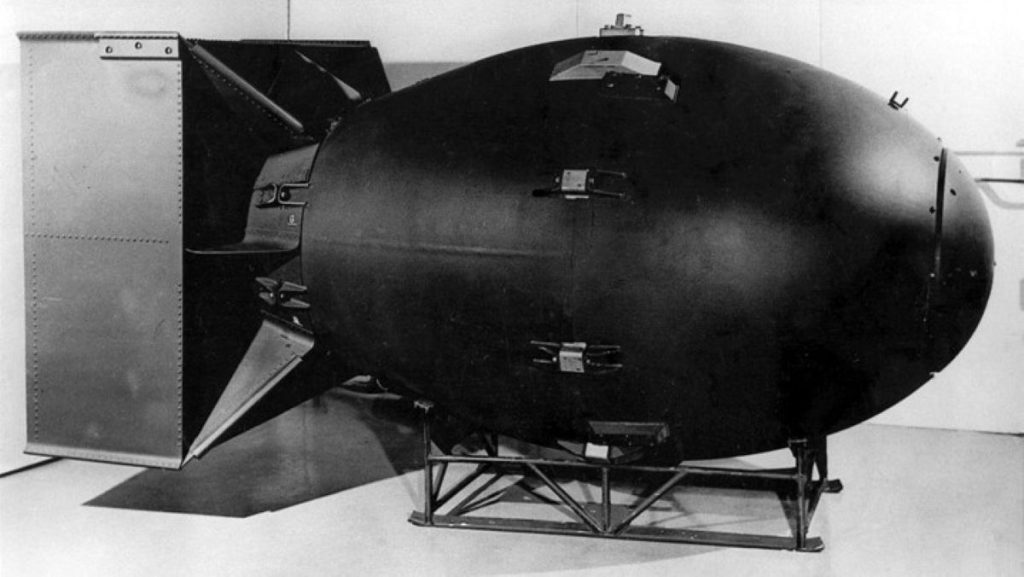
A nuclear explosion causes:
- Flash blindness from extreme light
- Severe burns from thermal radiation
- Shattered buildings and flying debris from blast waves
- Lethal radiation near the explosion site
- Widespread fallout from radioactive dust
It can also cause electromagnetic pulses that disrupt power, communications, and essential services.
Preparing in Advance: Your Nuclear Emergency Kit
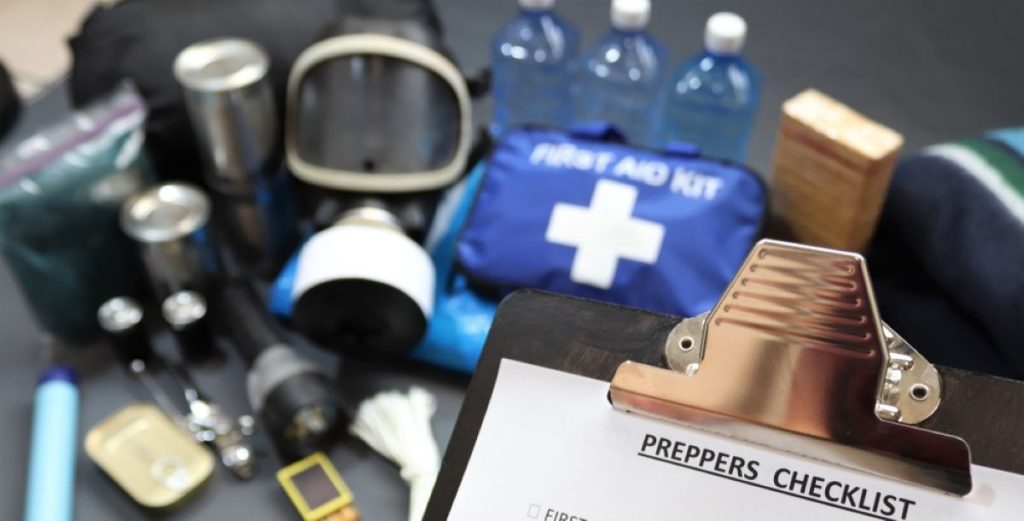
You should keep the following ready at home, work, and in your car:
- Flashlight and batteries
- AM radio
- First aid kit and daily meds
- Bottled water (2–4L per person per day)
- Non-perishable food
- Spare clothes and shoes
- Supplies for pets
Label children’s clothes and agree on family emergency plans.
During an Alert: Take Shelter, Not the Road
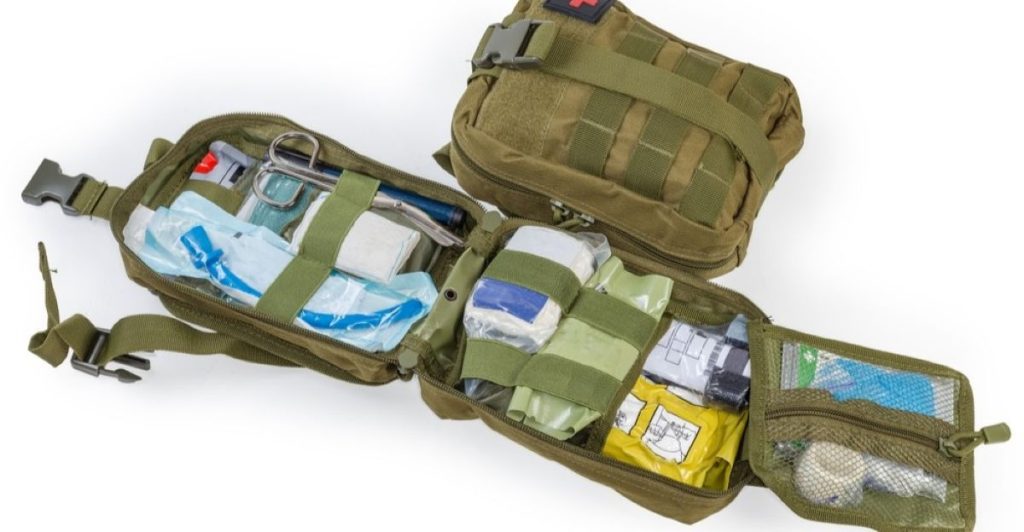
If you get a nuclear alert:
- Do not try to flee by car, traffic will be chaotic and cars offer no protection.
- Seek nearby solid shelter immediately.
- If outdoors, drop to the ground, shield your head, and get out of direct line of sight.
- If indoors, stay away from windows and cover yourself to avoid debris.

